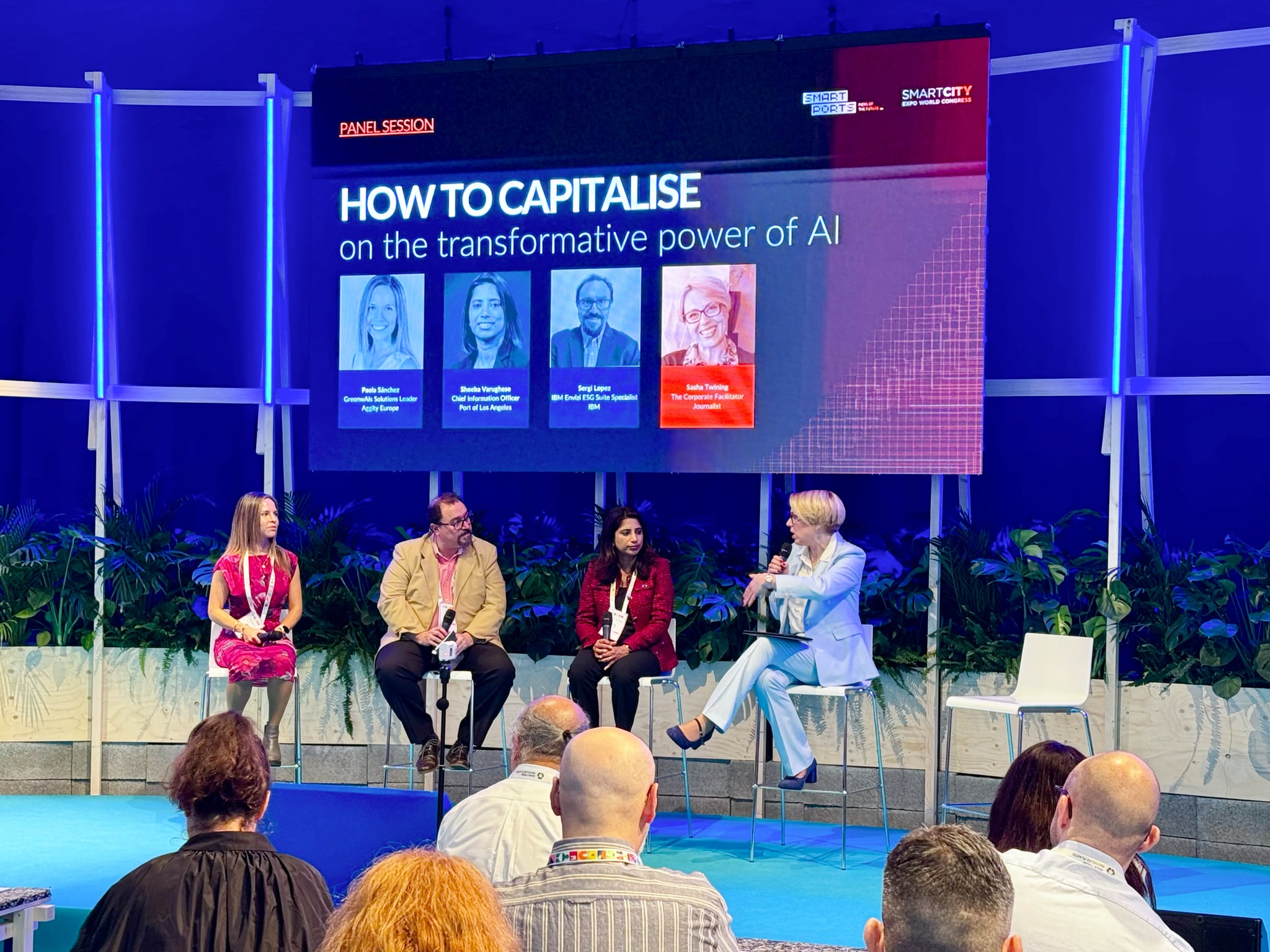Artificial intelligence in Retail

The use of artificial intelligence in retail promises to revolutionize an industry to adapt more precisely to consumer needs and enable retailers to make decisions that benefit the business and increase sales.
Tabla de contenidos
ToggleThe use of analytics and artificial intelligence will not only bring them closer to the customer, but also enable retail companies to anticipate peaks in demand.
Since the emergence of ChatGPT, artificial intelligence (AI) has crept into all kinds of conversations. However, the use of AI has been developing for decades in various sectors, including retail. The use of artificial intelligence in retail is one of the trends that will mark the retail trade and that will be fundamental in an increasingly competitive environment in which the customer is at the center.
Getting closer to the customer, proposing personalized offers or knowing their needs at the right time are just some of the advantages provided by artificial intelligence. However, artificial intelligence cannot work on its own, which is why the use of solutions such as Digital Customer Engagement by aggity, which combine data analytics with digital marketing technologies and advanced intelligence, are proving so successful within the retail sector.
The key is in the customer
The retail sector has an obligation to respond to and satisfy its customers and to do so it must eliminate inefficiencies in its operations. With the use of analytics, some of the problems that may exist can be solved, but with the use of artificial intelligence, data is transformed into knowledge that allows retailers to make decisions that lead to better business results.
The use of artificial intelligence in the retail sector is key to creating personalized experiences for customers, generating opportunities to increase revenues and enabling retailers to quickly adapt to market circumstances and trends, which will allow them to differentiate themselves from their competitors.
Little by little, the use of artificial intelligence and data analytics is gaining traction in retail as it is possible to better understand trends and customer behaviors and expectations.

Other advantages of using AI in retail
The use of analytics and artificial intelligence not only allows us to get closer to the customer, but also makes it possible for retail companies to anticipate demand peaks or make decisions about product pricing. Likewise, thanks to predictive analytics, you can better manage product inventory and establish a more effective omnichannel strategy to connect with customers.
There are numerous use cases for analytics and artificial intelligence in the retail sector. For example, it is possible to know exactly which products are returned the most, which are the ones that have a better outlet in the digital world and which in the physical world. In addition, until now, revenue data was one of the most relied-upon elements for retailers, but now, thanks to artificial intelligence, more accurate data on sales performance during periods of high and low traffic is possible.
Generative AI in retail
In the retail of the future, one of the revolutions may come from generative AI. The use of artificial intelligences such as ChatGPT and the like promise to transform the evolution of the retail sector and also the way retailers operate and engage with customers.
This type of AI can, among other things, be a complement that increases sales by allowing personalized marketing actions to be launched. Likewise, generative AI can identify suspicious buying patterns and, more importantly, some companies are already using it to develop chatbots that provide real-time information to customers on the status of their orders, the expected delivery dates or provide them with a customer service tailored to your needs.
Últimos posts

aggity strengthens its commitment to sustainability as a SILVER partner of “Fundación Empresa & Clima”.

aggity participates in the IBM Ecosystem Summit 2024 with an applied case of Generative AI in the food industry

Aggity, together with the multinational Fortinet, present an exclusive event in Lima on the application of Generative AI in Corporate Cybersecurity.

aggity participates in Smart Ports: Piers of the Future

aggity Supports the Contigo Foundation at its Annual Dinner

Challenges and Opportunities of Generative AI in Industry: Our Experience at BNEW

Official Liferay Partner in Spain





